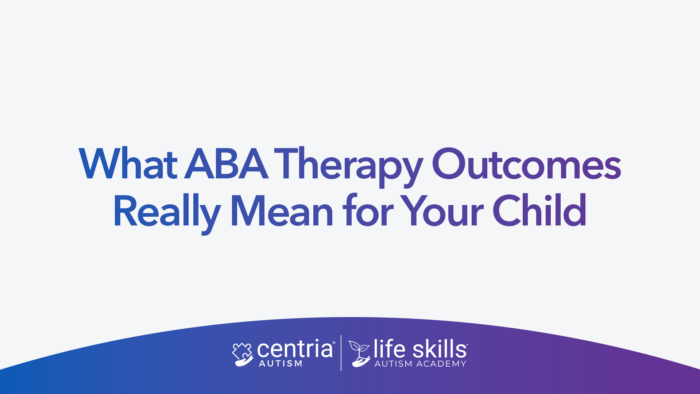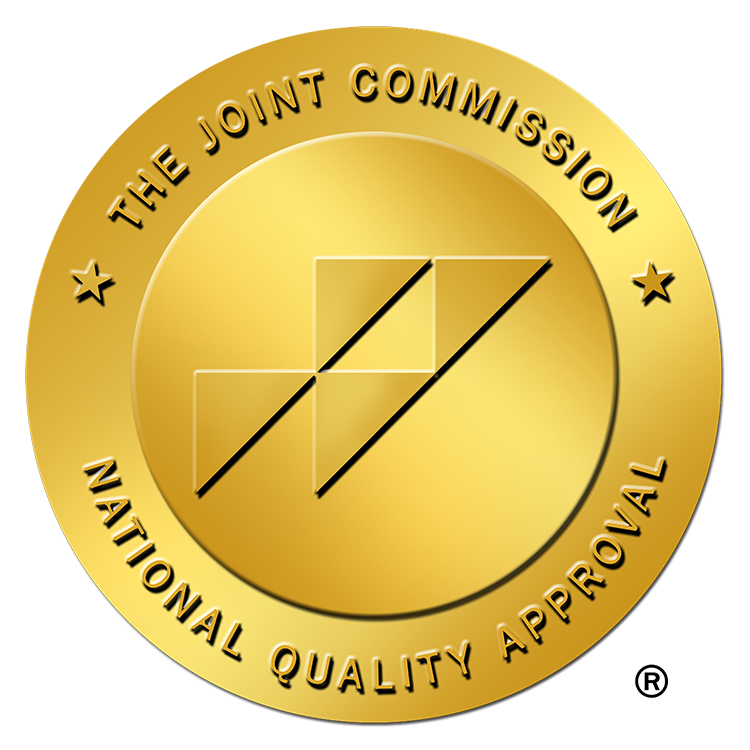Providing fieldwork BCBA supervision is more than a compliance requirement or a necessity for those seeking certification—it’s a professional responsibility and an incredible opportunity to shape the future of our field. At Centria, supervision is central to our commitment to delivering high-quality clinical care and advancing the integrity of the behavior analytic discipline. When done well, it can be one of the most rewarding parts of our role. Done haphazardly, it can feel like an administrative burden.
The good news? With clarity, structure, and the right context, supervision can be both manageable and deeply impactful. This guide is designed for current and prospective BCBA supervisors who want to make a difference for those seeking certification and their cases through our Elevate program.
The Dual Purpose of Supervision
Effective BCBA supervision serves two equally important purposes:
- Develop Competent Future Behavior Analysts: Your apprentices will one day be in your position. Their preparation must include not only technical proficiency but also professional judgment, cultural humility, and adaptability.
- Preserve and Enhance Ethical Care: Effective supervision ensures that the science and practice of behavior analysis maintain high standards of care and remain anchored in evidence-based methods.
Keeping these dual purposes in mind can help you frame every supervision session as part of something larger than just task completion—it’s about shaping ethical, capable, and client-centered professionals.
Common Questions (and Honest Answers)
- How much time will it take? Quality supervision requires planning, observation, feedback, and documentation. While the BACB requires a minimum percentage of fieldwork hours to be supervised, the most effective supervisors often go beyond the minimum. At Centria, our standards exceed BACB requirements, and much of the supervision is already taking place within your daily clinical duties.
- What if I don’t have all the answers? You won’t—and you’re not expected to. Effective supervisors model problem-solving, resourcefulness, and openness to feedback. Sometimes, “Let’s find out together” is the most powerful teaching tool. Behavior analysis has a rich tradition of letting the data lead us, and sharing that analytic perspective is an amazing mentorship opportunity.
- How do I balance supervision with my other responsibilities? The Elevate program offers structured tools and resources to help streamline the process. You can also integrate supervision into your daily activities. Seeing an apprentice as a counterpart to a case—instead of an additional requirement—is a powerful adjustment in your approach to mentorship.
The Elevate Approach
Our Elevate program is built to make BCBA supervision sustainable and effective. Key elements include:
- Competency-based progression. Apprentices advance by demonstrating competence, creating more opportunities for unrestricted time to be built into their ongoing client activities.
- Emphasis on soft skills. Communication, collaboration, and professional behavior are embedded alongside technical competencies.
- Practical resources. Supervisor resources are designed to help apprentices start working on key aspects of the supervisor role.
Practical Strategies for Supervisors
- Be Intentional. Clinical Apprentices are required to prepare a monthly supervision plan that you will help shape to ensure clarity and transparency.
- Share Your Expertise. Apprentices are working toward becoming a behavior analyst, and you already are one. Share how to get there by including them in your work. Be generous, be inclusive, and find creative ways to have them help.
- Don’t Suffer in Silence. Mentorship is a lifelong pursuit. Reach out early and often with questions or suggestions so we can make sure Elevate works for everyone and is constantly improving.
- Model Professional Conduct. Apprentices learn as much from how you handle challenging conversations, collaborate with colleagues, and respect client dignity as they do from technical instruction.
- Encourage Reflective Practice. Ask “What went well?” and “What would you change?” to foster self-evaluation skills.
- Celebrate Progress. Recognition—big or small—keeps motivation high and reinforces the apprentice’s sense of purpose.
The Payoff
Yes, supervision requires effort, but the return on that investment is immense. You’ll see your apprentices refine into confident, competent professionals—practitioners you would trust to take over a case of yours. You’ll also contribute directly to the advancement of behavior analysis as a science and a service.
At Centria, we believe that every supervisor plays a critical role in shaping the future of our discipline. Through intentional, structured, and values-driven supervision, you can turn a compliance requirement into a career-defining legacy. The next generation of behavior analysts is watching, learning, and willing to learn from us.
About the Author
Tim Fuller joins Centria as the Director of Practicum and Research. Dr. Fuller brings his balanced experience and expertise in the theoretical, experimental, and applied domains of Behavior Analysis to Centria. Dr. Fuller’s applied experience started with an Early Intensive Behavioral Intervention (EIBI), where he worked with autistic children in an in-home ABA program. He expanded his applied experience to include Precision Teaching and parent, teacher, and staff training. Working within home, school, clinic, and hospital settings have all greatly contributed to Tim’s approach to behavior analytic service and training/mentorship. Tim brings his expertise in contextual behavior science to Centria to support fellow scientist-practitioners in providing the very best of behavior analysis to those we serve.
Tim earned his M.A., and Ph.D., at the University of Nevada, Reno where his experimental work concentrated on complex human behavior specifically derived relational responding and the role context plays in human activities. His theoretical foundations are rooted in a naturalistic interbehavioral account of psychological events.






